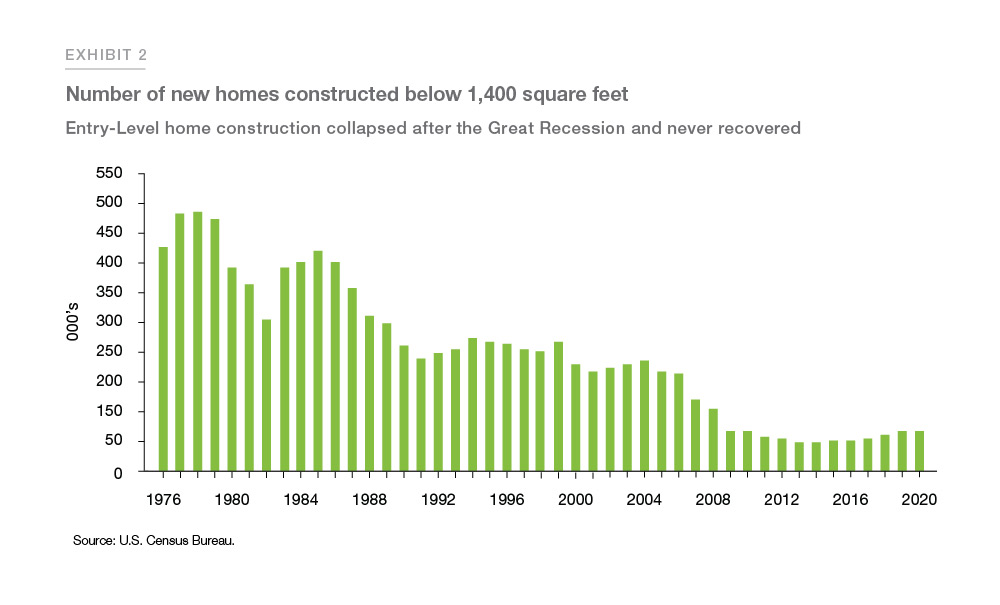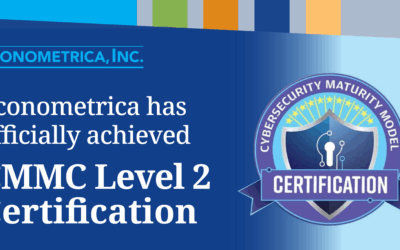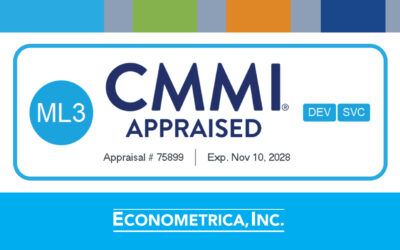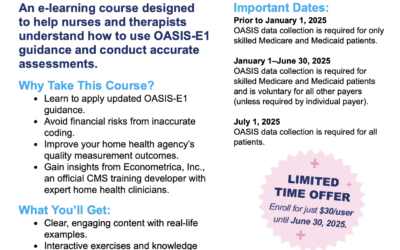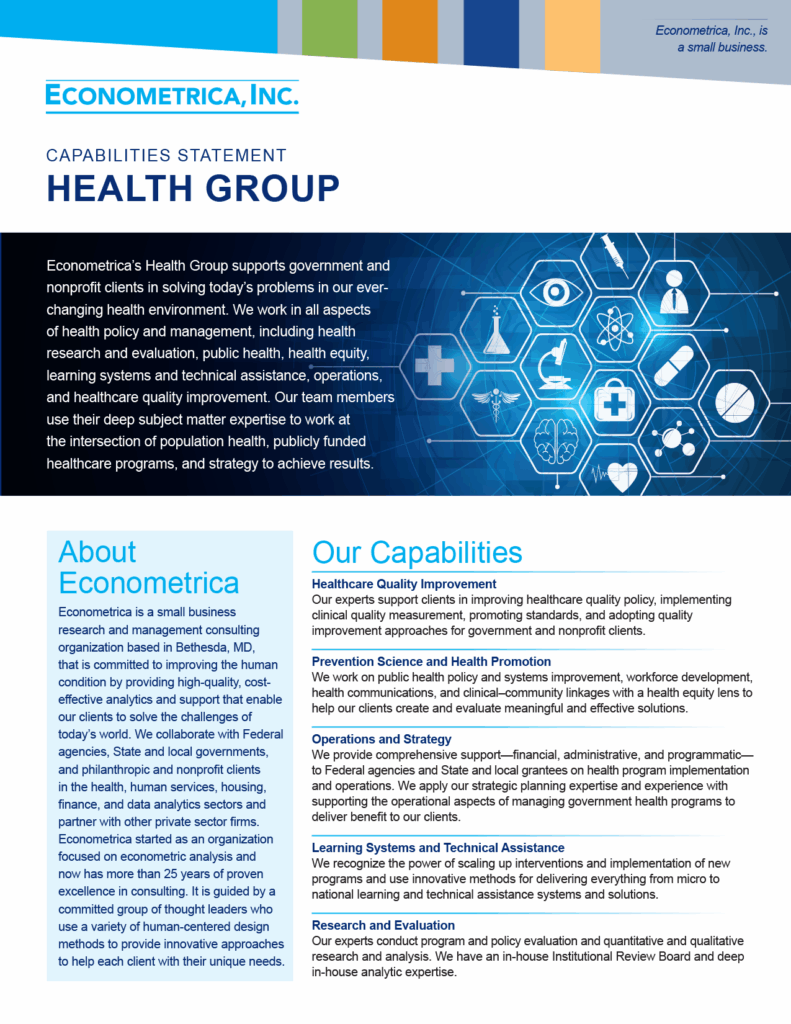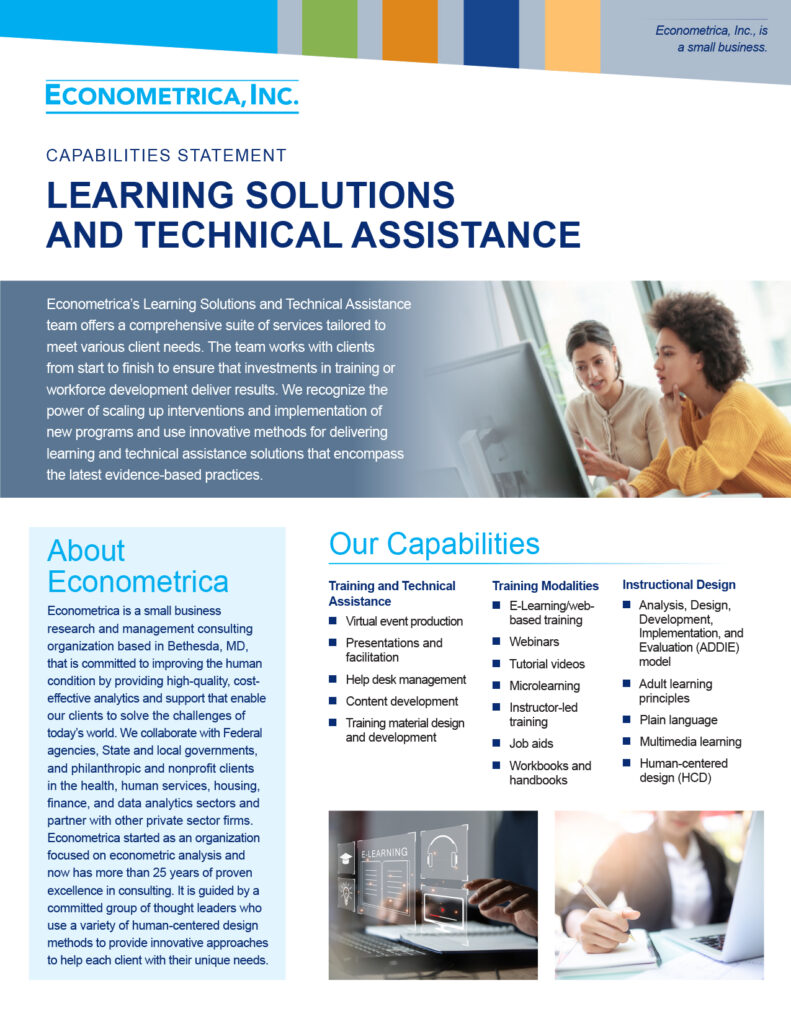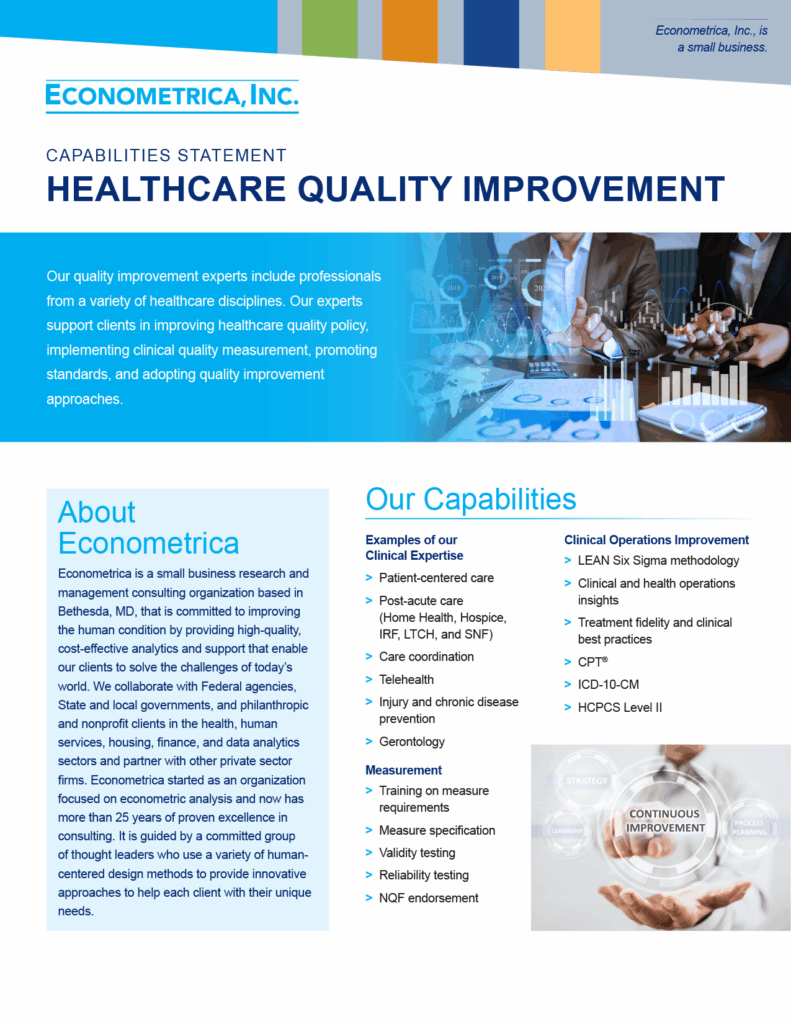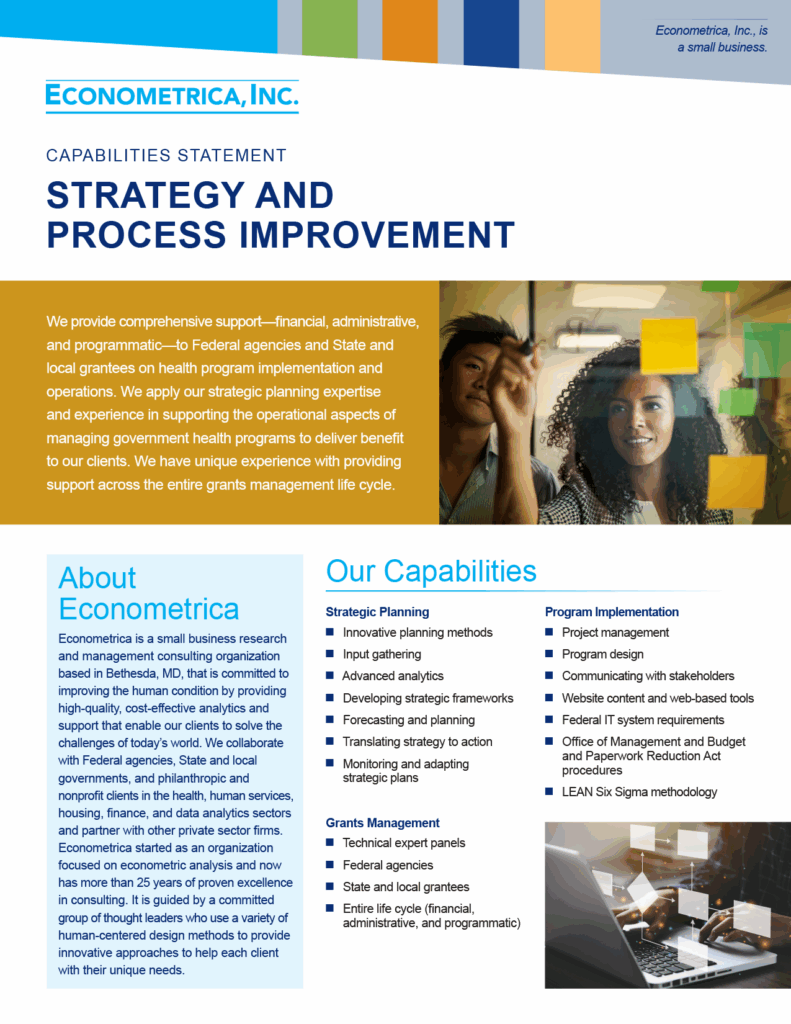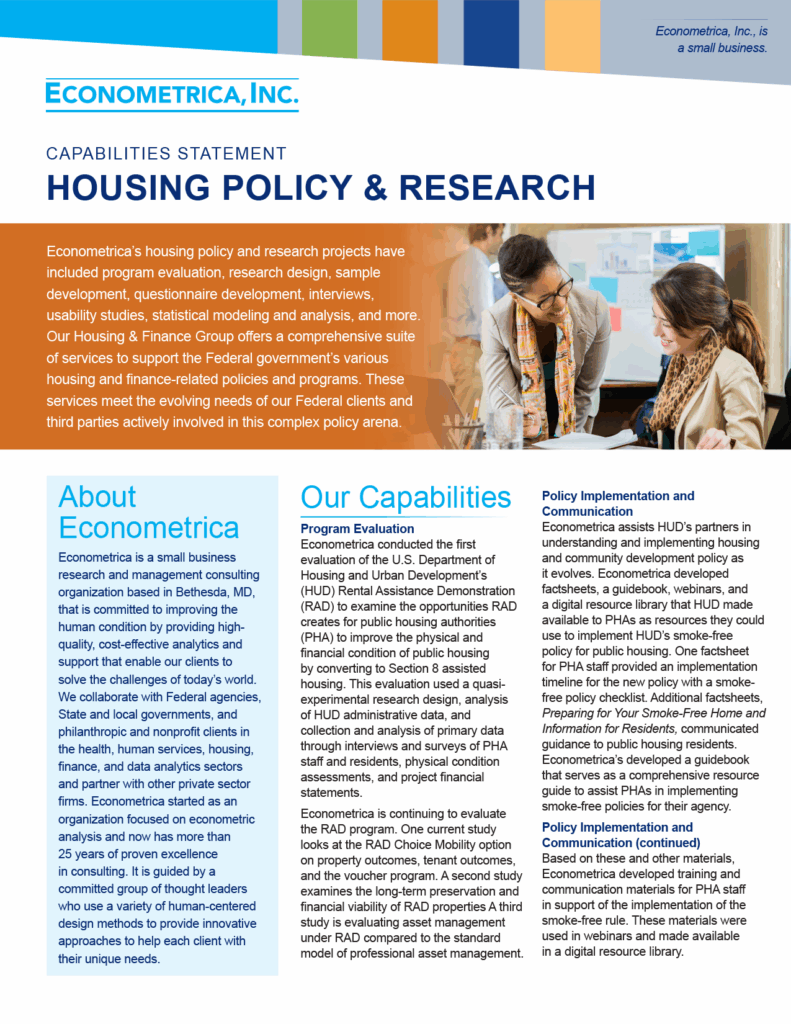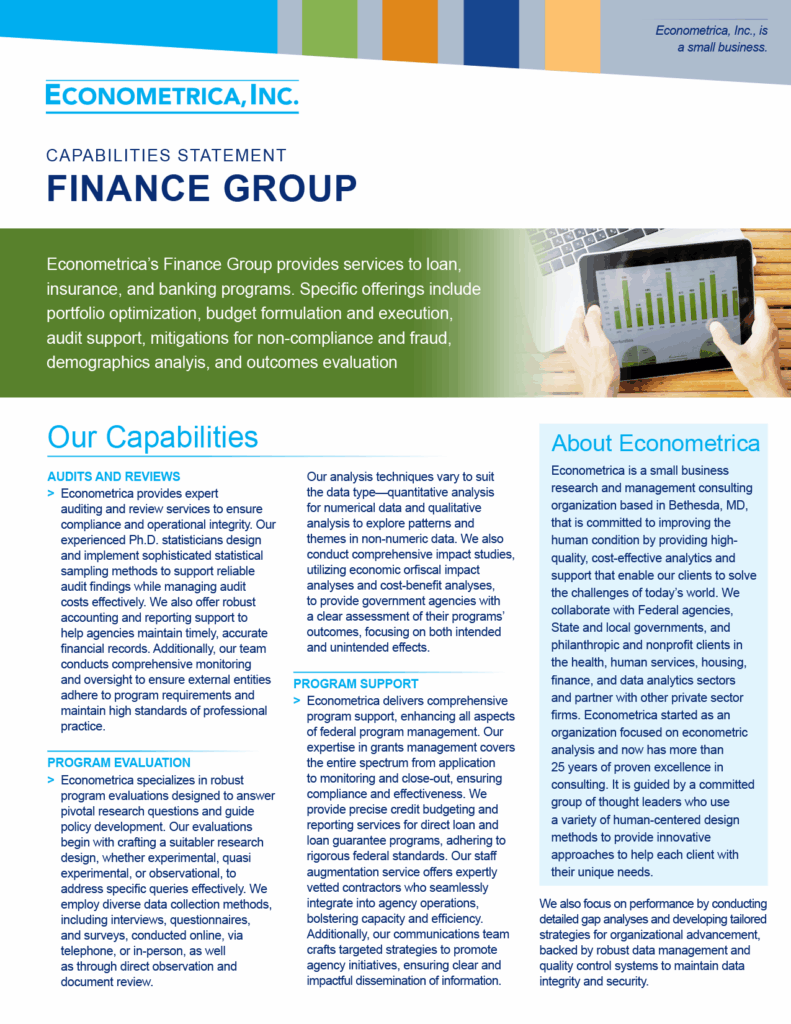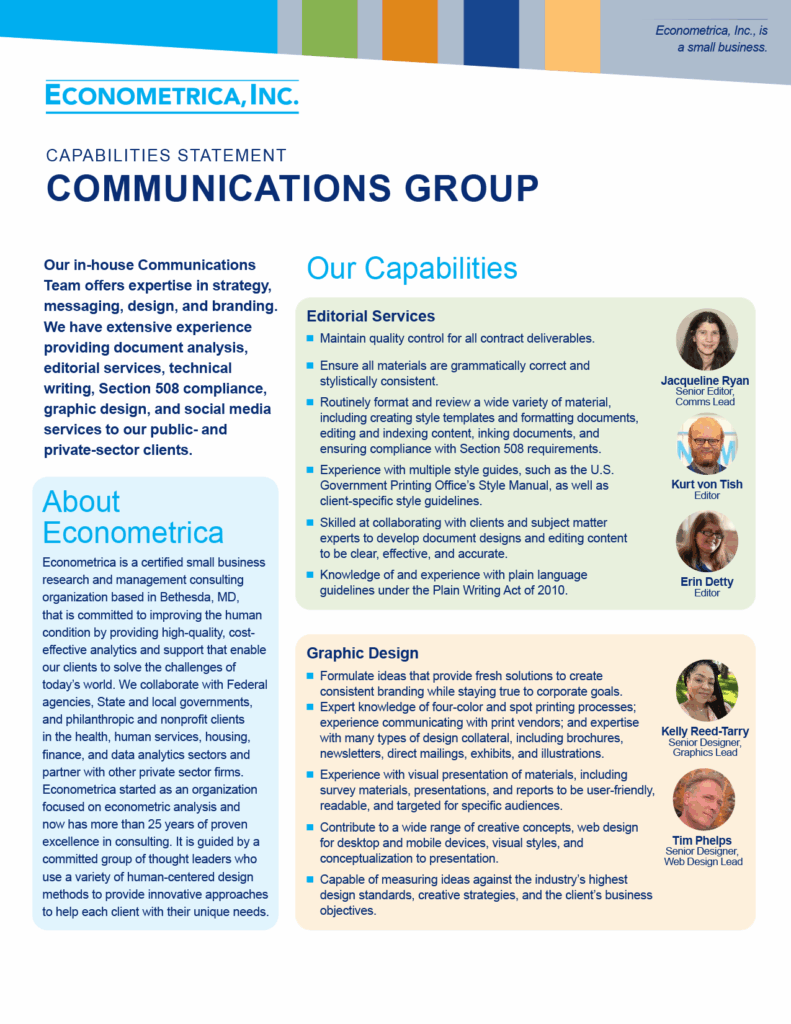Econometrica, Inc., a provider of technical assistance and program support to the U.S. Department of Defense (DOD) and Defense Industrial Base (DIB), today announces that we have successfully achieved Cybersecurity Maturity Model Certification (CMMC) Level 2. Econometrica is currently among 1 percent of DOD contractors that have obtained CMMC Level 2 certificate and is in a position to help partner organizations meet this requirement for contract needs. Our certificate is available upon request.
CMS Releases Updated Look at COVID-19’s Impact on the Medicare Population
The Centers for Medicare & Medicaid Services (CMS) recently released a snapshot of the impact COVID-19 has had on the Medicare population. The monthly update, released June 30, shows there were more than 4.3 million COVID-19 cases among the Medicare population and more than 1.2 million COVID-19 hospitalizations.
Data in the snapshot covers the period January 1, 2020, to April 24, 2021.
A factsheet and additional information can be fund at:
Work With Us, Work for Us
Econometrica, Inc., is a small business research and management consulting organization based in the greater Washington, DC, metropolitan area. We are committed to improving the human condition by providing high-quality, cost-effective analytics and support that enable our clients to solve the challenges of today’s world. We collaborate with Federal agencies, State and local governments, philanthropic and nonprofit clients, and private-sector partners in the public health, healthcare, data analytics, housing, and finance sectors.
To work with us on your next project, visit us online or email us at Info@EconometricaInc.com. To explore the benefits of working for us, visit our careers page. Follow us on LinkedIn, X, Facebook, and Instagram.

